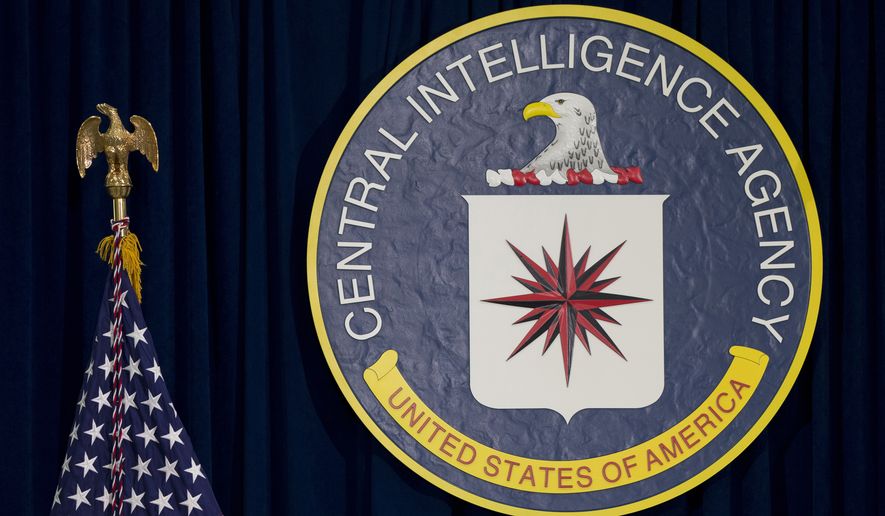Federal prosecutors sided Friday with lawyers defending former CIA coder Joshua Adam Schulte and said he should be tried separately on charges related to WikiLeaks and child porn.
The Department of Justice disagreed with public defenders representing Mr. Schulte, 30, and said the government should be able to use evidence from one trial in the other, however.
A software engineer for the CIA until 2016, Mr. Schulte is suspected of leaking a trove of classified agency material published by WikiLeaks starting the following year. His residence was searched shortly after WikiLeaks began releasing CIA hacking tools in March 2017, and authorities subsequently claimed to have found images of child pornography while examining his computers.
Prosecutors charged Mr. Schulte with charges of child pornography and copyright infringement six months after his computers were first searched, and they eventually filed counts related to the WikiLeaks publications nine months later in June 2018. He has been jailed in New York City for 18 months, where he currently faces a total of 15 counts related to those crimes and others.
Geoffrey S. Berman, the U.S. attorney for Manhattan, discussed dividing up the Justice Department case against Mr. Schulte in a letter filed in federal court Friday.
“The Government agrees to proceed to two separate trials as proposed by the defendant: (i) one trial addressing Counts One through Eleven, which include charges related to the theft and transmission of classified information, false statements, obstruction of justice, and contempt of court (the “Espionage Trial”), and (ii) another trial addressing Counts Twelve through Fifteen, which include charges related to the possession of child pornography and copyright infringement,” Mr. Berman wrote District Judge Paul A. Crotty.
“Although the Government does not oppose the defendant’s severance motion, the Government does not concede that evidence of, for example, the child pornography and copyright infringement offenses is necessarily inadmissible at the Espionage Trial,” Mr. Berman added.
Lawyers representing Mr. Schulte had requested last month that the 15-count indictment be divided up, describing its charges as “two completely distinct sets of counts.”
“The child pornography charges are straightforward and easy to understand,” argued public defender Sabrina P. Shroff. “The only anticipated questions for the jury at trial will be whether the seized material is child pornography and, if so, whether Mr. Schulte knew that there was child pornography on his device. The government’s evidence of these charges will be direct: it will likely present images from Mr. Schulte’s computer and argue they are child pornography.”
“In contrast, the classified-information charges are complex, and the anticipated evidence will involve sophisticated, difficult technological concepts,” she wrote last month. “The government will likely rely on circumstantial evidence, using forensics and other experts who will testify about how the CIA’s backup systems, security protocols, and technology functioned to explain why they believe it was Mr. Schulte who took the leaked information, even though the government never found any of the leaked documents on his computer.”
Mr. Schulte’s lawyers have since filed a separate motion requesting that evidence gathered during the course of searching his computers be suppressed, meanwhile. Judge Crotty, an appointee of former President George W. Bush, has not yet ruled on that request.
Mr. Berman previously described the impact of the publication of leaked CIA materials attributed to Mr. Schulte as “catastrophic.”
Julian Assange, the Australian-born founder and publisher of WikiLeaks, was arrested in April in connection with the publication of classified material released by his website years earlier. He is currently jailed in London fighting extradition to the U.S.
• Andrew Blake can be reached at ablake@washingtontimes.com.




Please read our comment policy before commenting.